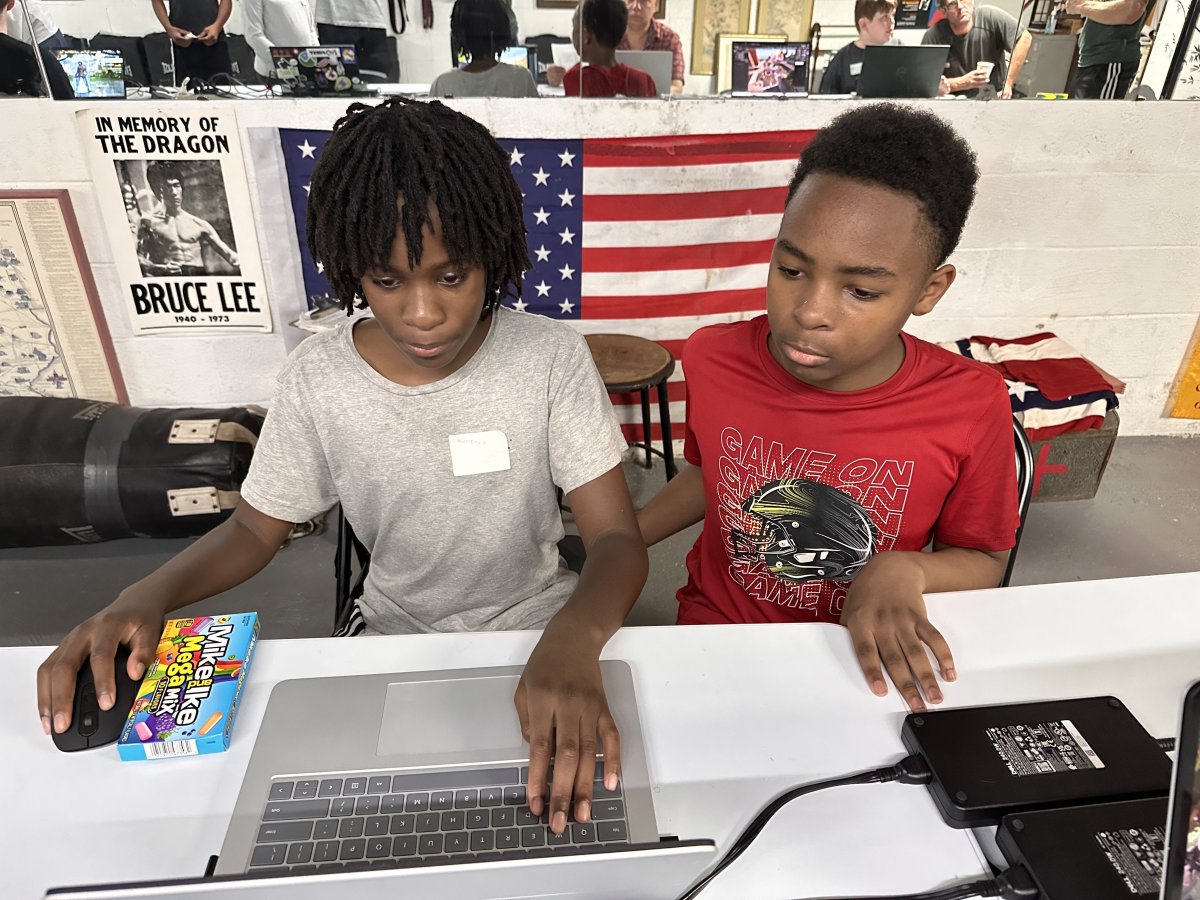MELBOURNE, Australia (AP) — Australia’s online safety watchdog said on Wednesday she had dropped her Federal Court case that attempted to force X Corp. to take down a video of a Sydney bishop being stabbed.
But eSafety Commissioner Julie Inman Grant said she would continue her legal action in the Administrative Appeals Tribunal against the platform rebranded in 2023 after billionaire entrepreneur Elon Musk bought Twitter.
Musk welcomed the decision, posting on X, “Freedom of speech is worth fighting for.”
The case before the tribunal, which reviews bureaucrats’ administrative decisions, had been brought by X and was running in parallel with the Federal Court case.
Inman Grant, a former Twitter employee, said cost was a factor in her decision to “consolidate” her commission’s legal action against X.
“The real questions that I want tested through an independent merits review will be done at the AAT and it didn’t make sense for me to be fighting a battle on two fronts when, let’s face it, the war is going to be much longer and more extended” than originally thought, Inman Grant told Australian Broadcasting Corp.
Inman Grant also revealed that her legal action against X had led to online attacks against her and her family including the malicious release online of personal or identifying information without the subject’s permission, known as doxxing.
She blamed Musk for the attacks.
“He issued a dog whistle to 181 million users around the globe which resulted in death threats directed at me, which resulted in doxxing of my family members, including my three children,” Inman Grant said.
“So I think with great power comes great responsibility and exercising that restraint, in terms of targeting a regulator who is here to protect the citizens of Australia, is really beyond the pale. But it’s not surprising, given that we’ve seen him litigate and target and personally tarnish NGOs, academics and other researchers that dare to criticise the safety of the X platform,” she added.
Communications Minister Michelle Rowland backed Inman Grant’s decision to take X to the Federal Court and her decision to drop the case.
“The government backs our regulators and we back the eSafety Commissioner, particularly in light of the reprehensible threats to her physical safety and the threats to her family in the course of doing her job,” Rowland told Parliament.
X was alone among social media platforms in refusing eSafety’s order to take down video of a 16-year-old stabbing an Assyrian Orthodox bishop in a Sydney church on April 15 as a service was being streamed online.
While Meta, Microsoft, Google, Snap, TikTok, Reddit and Telegram removed the video, X would only go as far as geoblocking Australian X users.
The commission went to the Australian Federal Court to enforce a global ban on the video being shared.
Musk has used his personal X account to accuse Australia interfering with free speech and to deride Inman Grant as the “Australian censorship commissar.”
Australian Prime Minister Anthony Albanese branded Musk an “arrogant billionaire,” who considered himself above the law and was out of touch with the public.
But eSafety suffered a loss in the court on May 13 when a judge withdrew an injunction that required the San Francisco-based company to hide the content globally. Justice Geoffrey Kennett found the global ban was not a reasonable requirement to place on the platform.
“This case has raised important questions on how legal powers can be used to threaten global censorship of speech, and we are heartened to see that freedom of speech has prevailed,” X posted Wednesday after the case was dropped.
Inman Grant said her commission had another five legal cases against X, including over the platform’s failure to reveal how it was combating child sexual abuse material.






















